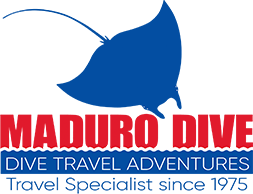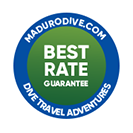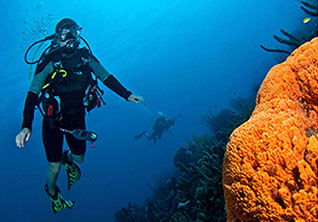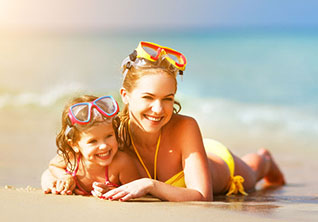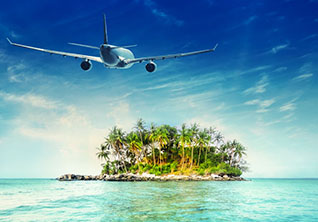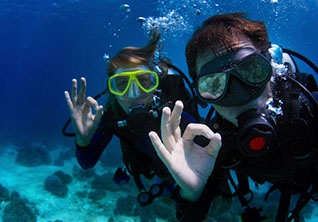The Bay Islands, Roatán, Útila, Guanaja, and more.
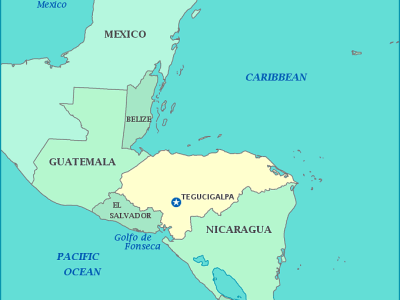
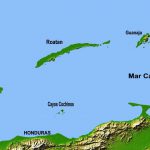
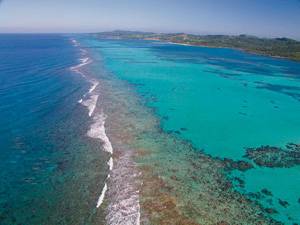
When you think about the second largest Barrier Reef in the world, your first thought should be, “Why aren’t my bags already packed?” We know divers and snorkelers that have been traveling down to the Bay Islands year after year and never seem to get tired of the endless dive sites, reefs, local wrecks, tropical beaches and island lifestyle. Perhaps one of the hardest decisions to make is which island to visit first. The Bay Islands consist of eight main Islands and 53 cays which are off the coast of Honduras. The largest Island is Roatán and boasts to have 176 dive sites. Guanaja claims some 50 dive sites, and Útila, the smallest of the big three, report to have 90 dive sites. On average, if you dove 4-5 dive sites a day, you could view most of the dive sites in as little as five months, but keep in mind, this estimate doesn’t include the other five islands and quite a few of the other cays. For example, many dive boat operators offer day tours over to Cayos Cochinos where 16 other buoyed dive sites are located. Underwater pinnacles and seamounts are also some favorite dive sites to visit. Also, some hotels, resorts, and dive operators boast that they have access to secret dive sites only revealed to their customers, clients, and distantly related soon to be best friends.
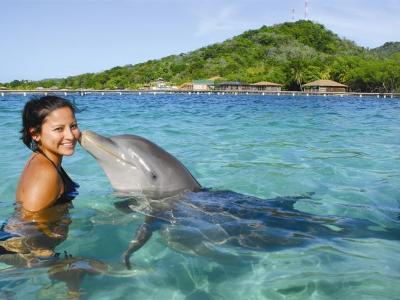
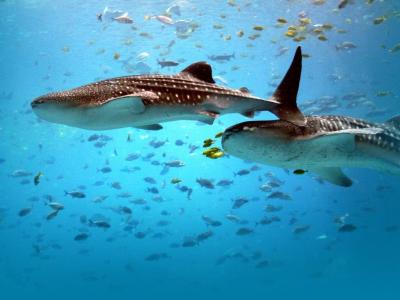
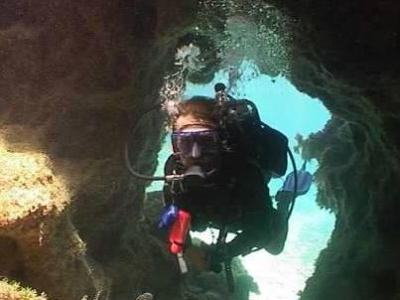
So what can you expect to see in the Bay Islands? Quite a lot actually, marine parks and designated reserves have helped the local coral reefs stay healthy, vibrant, and home to large schools of fish, lobsters, and crabs. Groupers, dolphins, rays, and sharks are the apex predators of the reefs, turtles frequently come in to the underwater camera or video frame, and migrating whale sharks especially around the island of Útila steal the show from February to June.
Some of the most famous dive sites around Roatán include: Dolphin Den where a maze of tunnels, and caverns, and is where a collection of dolphin remains were discovered; this site leads out through the reef and into the open water. Shark Dive is a sit in the sand encounter while experienced shark divers feed passing sharks. Hole in the wall is a must visit if you like sand chutes and tunnels. Also ask the locals which dive site is best to see, seahorses, encounter hammerheads, nurse sharks, big eye jacks, or specific corals. Wreck dives include: The 100m (300ft) long Odyssey wreck and the 70m (210ft) long El Aguila wreck is currently resting in three main sections.
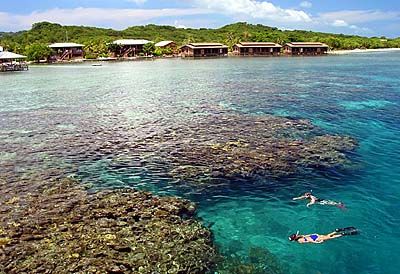
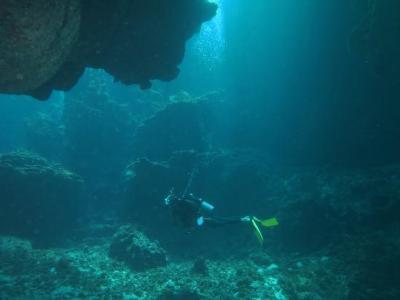
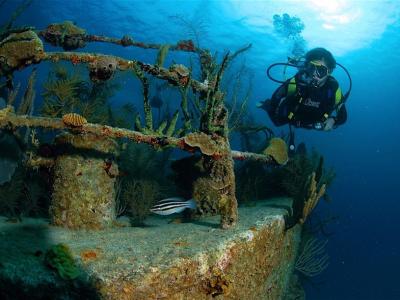
Dive sites around Útila include: Black Hills is a seamount dive exploding with fish and dense corals. Black Coral Wall is a wall dive like much of the local dives here, but with the extra added attraction of black coral found as shallow as 8m (24ft) . The Canyons dive site is filled with corals and small resident fish. The largest wreck dive here is the 30m (90ft) long Halliburton.
Dive sites around Guanaja include: Black Rock Canyons where volcanic flows formed cracks, caves, and tunnels and now teeming with life, and the Vertigo wall dive with mesmerizing drop- offs. The Pinnacle is known for its tendrils of black coral and seahorses. Wreck dives include: the 80m (240ft) long Jado Trader and the shrimp boat Don Enrique.
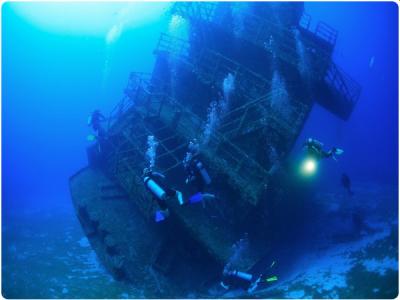
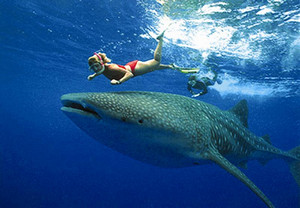
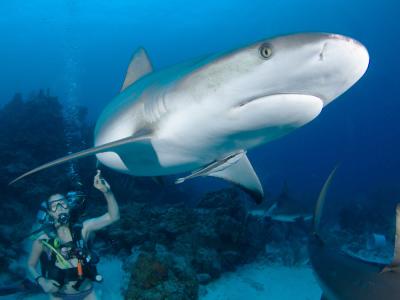
Now although the Bay Islands are part of Honduras, the Bay Islands are unique in several ways. It all dates back to Christopher Columbus back in 1502 on his fourth and final “discover the new world” tour. Because the local Paya islanders were unfamiliar with Christianity, they were by default deemed hostile, which was close enough to get one labeled as cannibals, which most definitely meant one was eligible for a sea voyage and sold to a plantation or mine where work would definitely not set one free. We can’t blame Columbus for all the islander’s deaths though, as European diseases brought by his men and others killed untold numbers of local indigents. The point is, that the island population was decimated or soon became nonexistent on some islands, and made it a great place for migrations of English settlers, pirates such as Captain Morgan, black Caribs, and lastly, Cayman islanders to call home. It is because of all this that the primary language of the Bay Islands is a blend of English and the second most spoken language used is Spanish, while on the Honduras mainland Spanish is the primary language. The local cultures and customs are also unique to certain regions in the Bay Islands, which is also kind of interesting, and lends itself to different types and amount of spices used in preparing local food dishes and cuisine. One thing to remember though, coconut and seafood dishes are king on the islands, especially conch ceviche, conch curry, conch soup Garifuna, cooked crab, and grilled lobster.
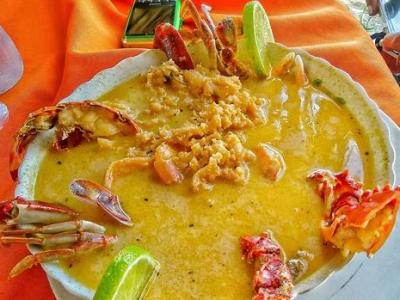
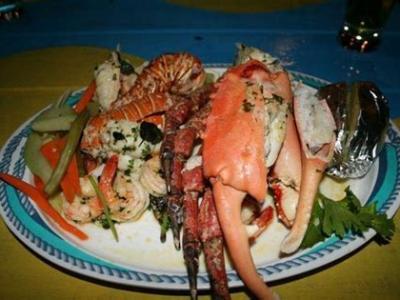
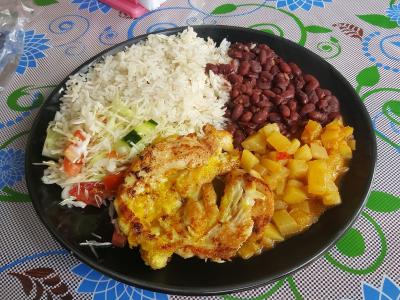
As far as accommodations go, Roatán offers the most choices and if you want your money’s worth, perhaps one of the all inclusive or all meals resorts on Roatán is the way to go. On Útila and Guanaja there are similar but less resorts although one can also stay in a bungalow on a cay or a villa on a rock in these Bay Islands destinations. The limits are only as endless your budget, time you have available, and how close you want to be to the water’s edge.
The largest number of dive shops are on Roatán, and there are two professional dive schools here that may teach year round. Students have been known to double up and take a dive-master course during the day and Spanish lessons in the evening. Other visitors come for the hiking, horseback riding or a side trip to the mainland to visit Copán and see the mysterious Mayan ruins.
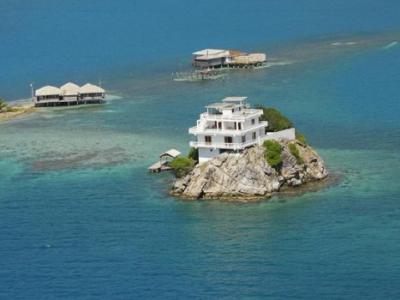
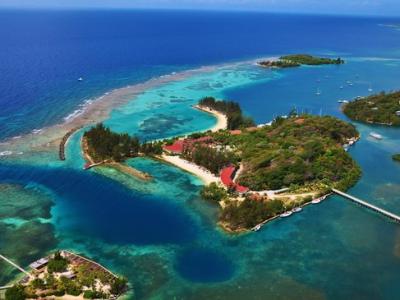
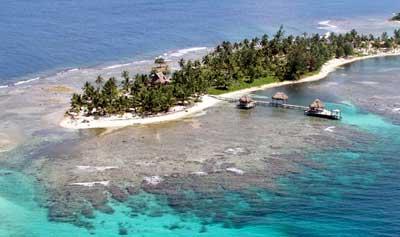
Ask any whale shark and they will tell you that February through May there is less rain, hurricanes, and a plethora of plankton, but for the rest of us, the water is inviting year round. We hope by now that you have been inspired enough to check out the Bay Islands. Be careful though, or you too may become a non-stop frequent flyer to the Bay Islands and find yourself with an airline bag half packed and ready to go at a moment’s notice.
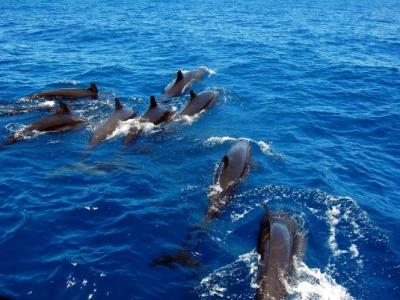
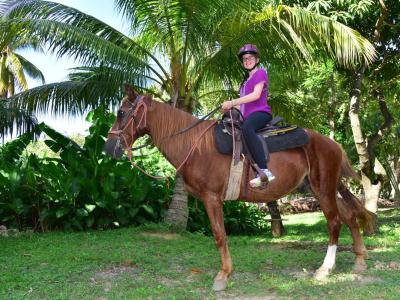
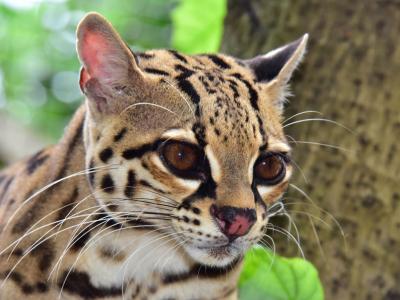
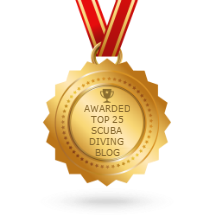
Recent Posts
- Eastern Malaysia, Sabah, Sipadan & More
- Ghost Pipefish, Pipefish, Seahorses, and Sea Dragons
- Australia Queensland and the Great Barrier Reef
- Tioman Islands, Malaysia
- The Riviera Maya
- The Peter Diving System
- The Bay Islands, Roatan, Utila, Guanaja, and more.
- The Cuttlefish; The Undisputed Master of Camouflage.
- The Maldives: A Garland of Islands in the Indian Ocean
- Frogfish, The Overlooked Camouflage Artist
Categories
- Australia
- Bahamas
- Bay Islands
- Belize
- Blue Hole
- Bonaire Diving
- Borneo
- Cayman Brac
- Cayman Islands
- Cozumel
- Curacao
- Cuttlefish
- Dive Destinations
- Dive Equipment
- Dive Liveaboards
- Dive Resorts / Properties
- Dive Travel
- Dive Travel Deals
- Diver Wellness
- Dolphins
- Dominica
- eagle rays
- Eagle Rays
- Family Travel
- Fiji
- Galapagos Islands
- Great White Shark cage diving
- Guanaja
- Honduras
- Indonesia
- Infographics
- Isla Mujeres
- Learning to Dive
- Little Cayman
- Maduro Dive Newsletter
- Malaysia
- Maldives
- Manta Rays
- Marine Life
- Mexico
- Micronesia
- Muck Diving
- Myamar
- Palau
- Papua New Guinea
- Pelagics
- Philippines
- Pinnacles
- Polynesia
- Reefs
- Riviera Maya
- Roatan
- Saba
- Sabah
- Scuba Diving
- Scuba Gear Reviews
- Scuba News/Events
- Scuba Training & Education
- Sea Legends
- sea lions
- Sea of Cortez
- Sharks
- Single Travel
- Sipadan
- Socorro Islands
- South Africa
- Specialties
- ST. Kitts
- Stingrays
- Tahiti
- Thailand
- The Bucket List
- Tobago
- Truk Lagoon (Chuuk)
- Turks and Caicos Islands
- Turtles
- Uncategorized
- Underwater Photography
- Underwater Video
- Utila
- Walls
- Whale Sharks
- Whales
- Wreck Diving
- Wrecks
- Yap
Archives
- January 2024
- April 2023
- March 2020
- March 2019
- January 2019
- November 2018
- September 2018
- July 2018
- May 2018
- March 2018
- January 2018
- October 2017
- September 2017
- June 2017
- April 2017
- February 2017
- January 2017
- October 2016
- August 2016
- July 2016
- May 2016
- March 2016
- February 2016
- January 2016
- December 2015
- August 2015
- June 2015
- April 2015
- January 2015
- November 2014
- July 2014
- April 2014
- February 2014
- December 2013
- November 2013
- October 2013
- September 2013
- August 2013
- July 2013
- June 2013
- May 2013
- April 2013
- March 2013
- February 2013
- January 2013
- December 2012
- November 2012
- October 2012
- September 2012
- August 2012
- July 2012
- June 2012
- May 2012
- April 2012
